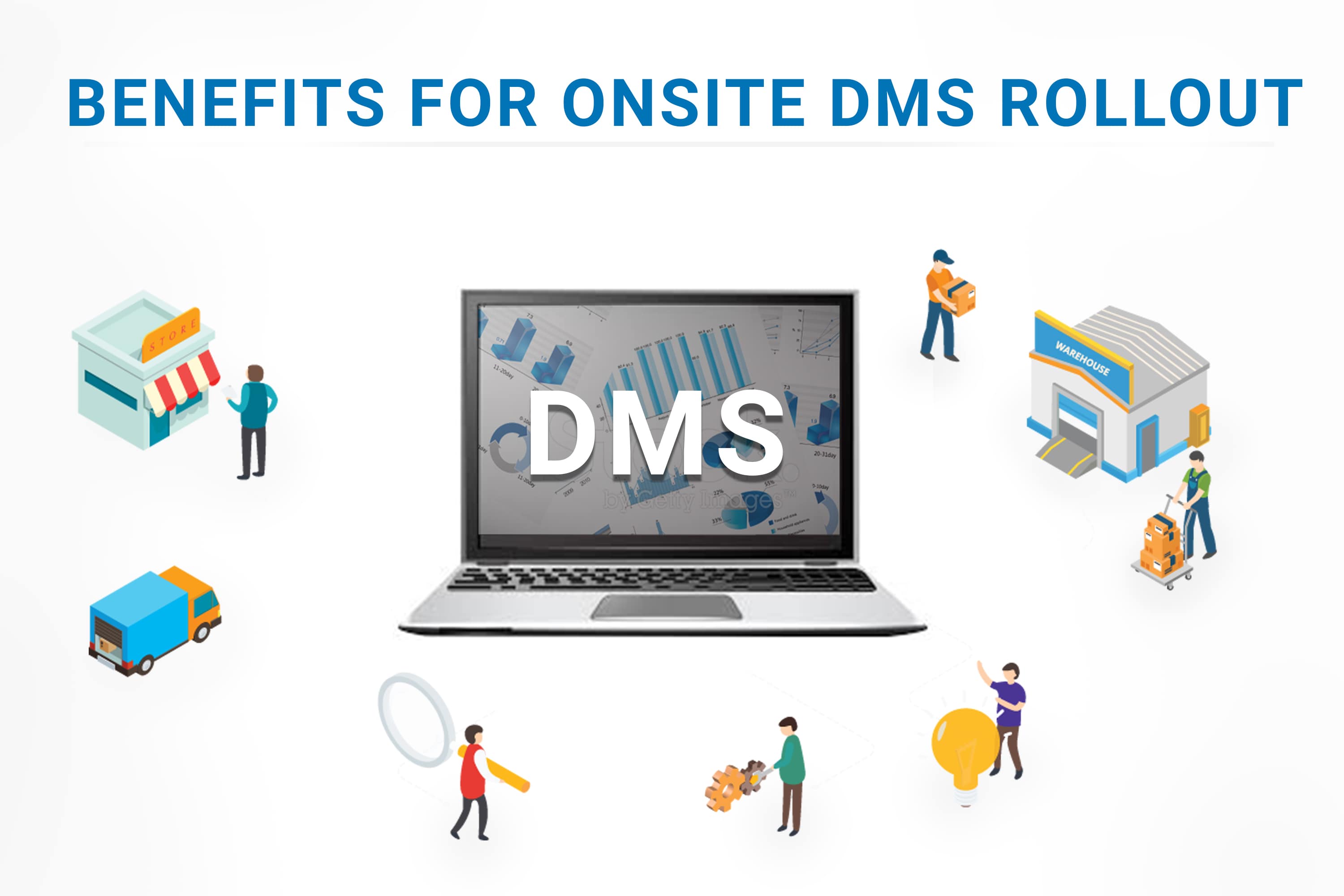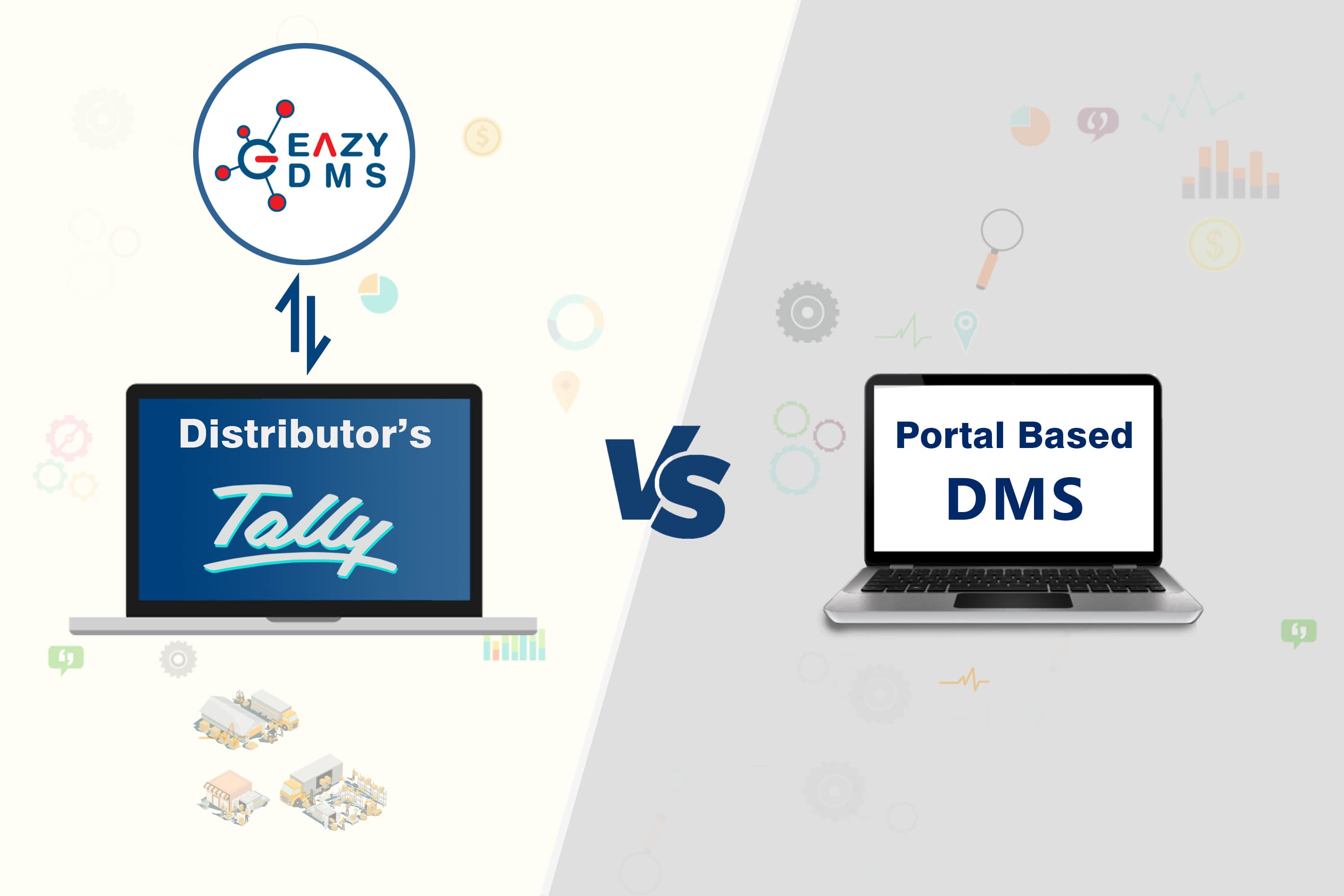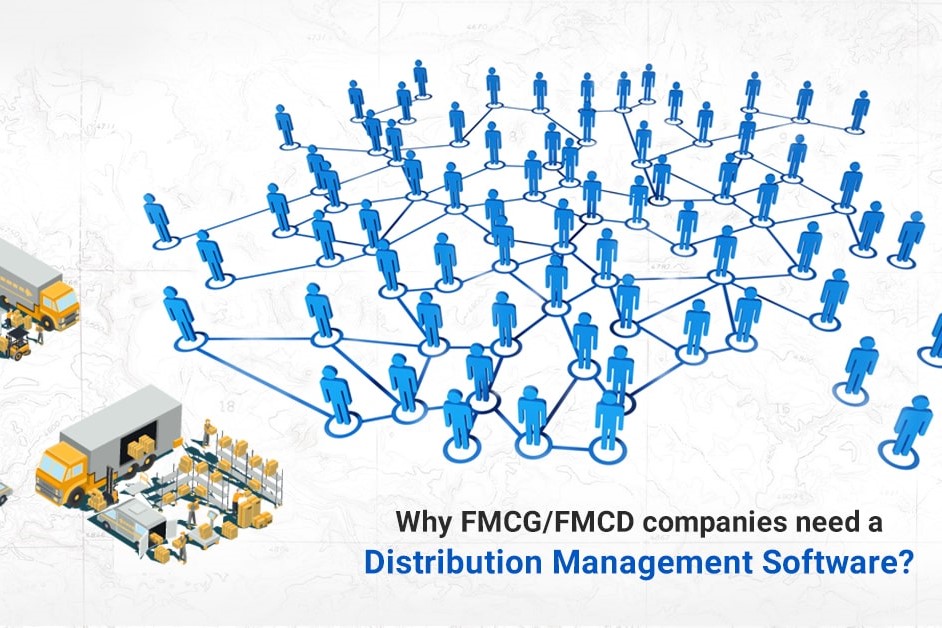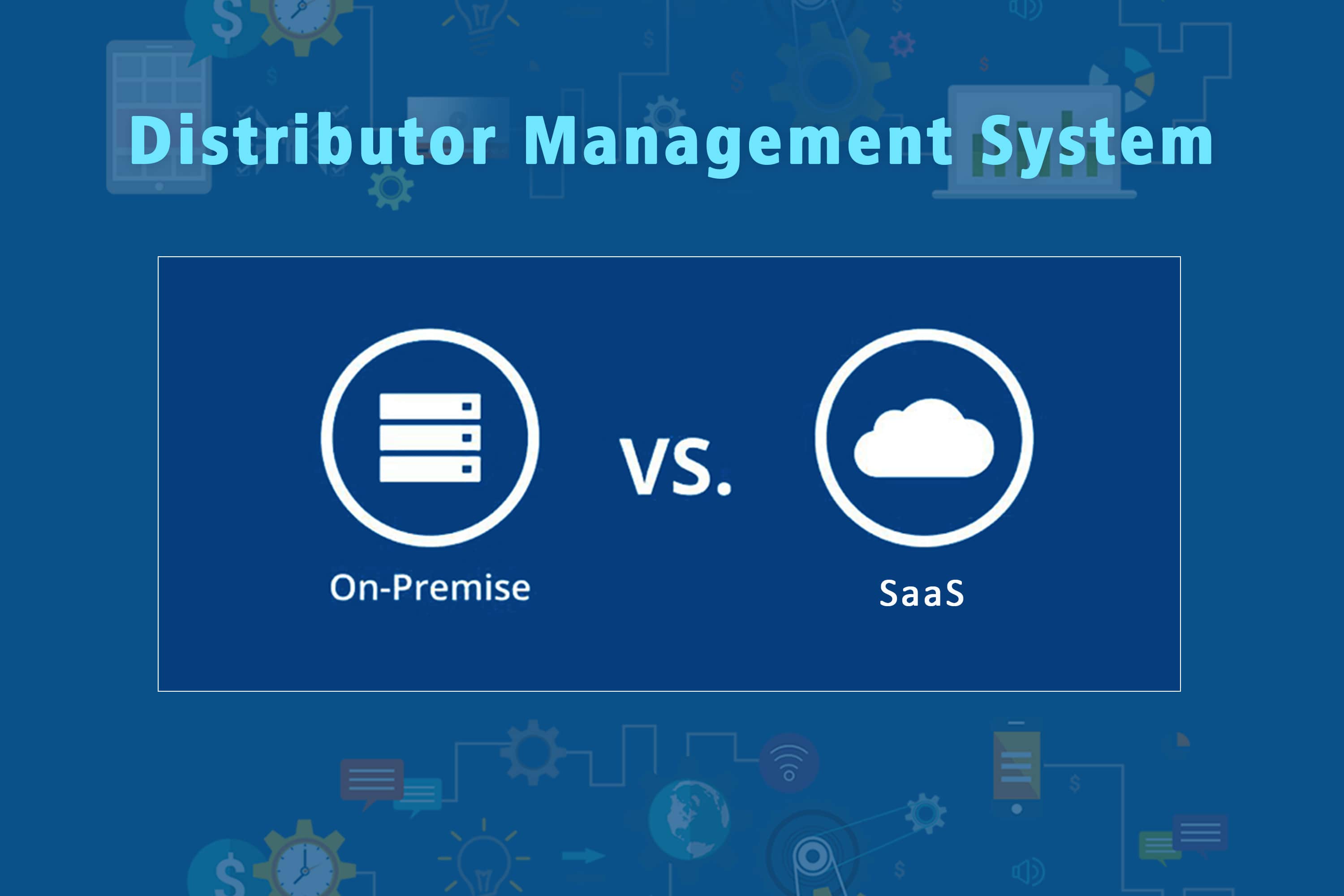The automobile industry of India has witnessed a remarkable growth ever since the economic liberalization & delicensing in 1991. Indian automobile market is growing at a rapid rate of 7.08 CAGR from 2013-2018 with an inflow of about 20 billion FDI over the past 2 decades owing to the reputation of being the sixth largest commercial vehicles producer across the world.
Before amendments were made to Competition Act, Automobile companies were found to be using their dominant position in the market for controlling the sale of original spare parts and after sales service to their benefit, thereby distorting fair competition. They only dealt through parties they had agreements with and completely restricted independent sellers from entering the market which affected around 2 crore car consumers in India.
Automobile manufacturers were found to be:
• Controlling and regulating the operations of various authorized workshops and service stations which were in the business of selling automobile spare parts.
• Not making information regarding technology, diagnostic tools and software programs required to maintain service and repair of advanced automobiles manufactured available to the independent repair workshops. The repair and maintenance of such automobiles could only be carried out at the workshops or service stations of their authorized dealers.
• Placing restriction on the sale and supply of genuine spare parts, diagnostic tools/equipment and technical information required to maintain, service and repair the automobiles manufactured by them. The said car companies and their respective dealers refused to supply genuine spare parts and technological equipment in the open market for providing maintenance and repair services.
However, amendments were made to Companies Act in 2009 by the Competition Commission of India in order to protect the interest of consumers and prevent activities having adverse effect on competition in India. With regards to the automobile industry, it deals with issues concerning the distribution of motor vehicles and spare parts such as restricting the supply of the original spare parts to manufacturer owned/authorized dealers only.
It became mandatory for Automobile companies to grant access to independent entities to sell their original equipment spare parts and facilitate their after services. These amendments to the Competition Act became a game changer for the automobile industry of India, thus, creating several challenges in terms of distribution and dealer management due to the entry of a vast network of independent & small sellers. Allocating dealers exclusive territories from automobile companies provided them with a wider, but not absolute control over sales between territories as dealers can sell to independent entities without the manufacturer’s knowledge. This gave rise to the need of an effective system for tracking sales from distributors to estimate the actual market demand of their original spare parts.
Some of the most common Challenges in Distributor Management in Automobile industry are:
1. Inefficient Channel Management: The distribution/dealer channel comprises of a complex process involving multiple stages and channels which often leads to inefficiency if things are being managed manually and there is no automation in place for coordination.
2. Mismanagement of Stock: Due to a vast network of distributor/dealer spread out and a massive demand, overstock and understock situations are inevitable since there is lack of data availability. Moreover, tracking sales from spare parts and service stations make it even harder for automobile companies in terms of SKU mapping and management.
3. Lack of Tech Infrastructure: Majority of distributors/dealers are small and unorganized entities that have inadequate capital and tech infrastructure as well as limited penetration of the internet, and substandard logistics infrastructure.
4. Multi Brand Management: Multi brand distributors find it difficult to manage data for the various brands they handle as it is difficult for them to keep a track on sales of different brands.
5. Lack of actionable data and information: It becomes a cumbersome task to garner information related to sale from individual distributor/dealer in different regions of the country. This lack of information hinders decision making for the management.
Therefore, implementing a Distributor Management Software can add substantial value to automobile manufacturers. It can help them acquire accurate secondary sales data from various distributors/dealers across the country and give them complete control over their price. It will also enable to get distributor wise sales data in order to measure performance and to roll out discounts and other schemes. These insights to real-time and accurate market data will enable them to make precise business decisions.
Recent Posts

Right Approach To DMS

Benefits Of An Onsite Distributor Rollout In DMS

Eazy DMS Vs Portal Based DMS

USP’S Of Eazy SFA

Why do FMCG/FMCD companies need a DMS?

Why Tally integrated DMS?





